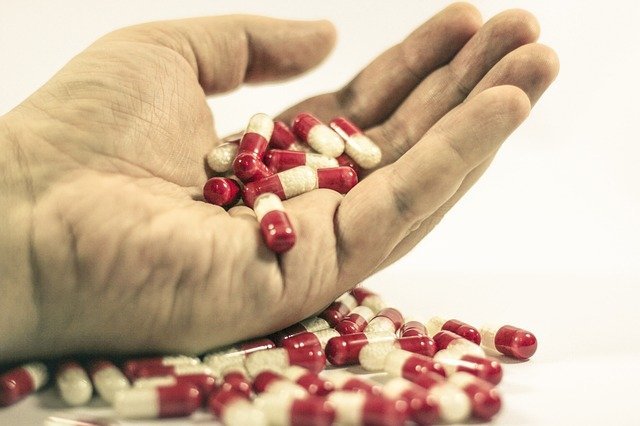Experts have warned that healthy people who are being treated with antidepressant pills instead of therapy have a 200% higher chance of becoming suicidal and violent.
In the UK, 57 million people are currently on antidepressants, which is a 96% increase since 2004 and the fourth highest rate in Europe. According to the Journal of the American Medical Association (JAMA), more than 13% of the American population is now on antidepressants, compared to 6.8% in 1999.
Researchers have completed the first ever review of the effect of antidepressants on mentally healthy adults and have concluded that the risk of harmful behavior is more than double.
Why are doctors prescribing it?
Doctors have long waiting lists of patients who are seeking therapy, which is why antidepressants have become an expedient way of satisfying a need.
However, experts are concerned that many patients who are given antidepressants should rather be given more appropriate therapy because they do not actually need to be on antidepressant medication.
What are the risks?
Previously, 13 trials were conducted on more than 600 patients who were on antidepressant medication and it was found that self-harm was closely associated with it. The findings were published in the Journal of the Royal Society of Medicine.
Researchers from the Nordic Cochrane Centre and the University of Copenhagen have conducted new trials and have come to the conclusion that the previous risk of suicide and other methods of self-harm have been significantly under-estimated.
While the primary evidence is still associated with the effect of antidepressants on healthy individuals, it has been found that the risk of suicidal behavior in any individual increases by taking it, irrespective of age or mental health status.
Professor Peter Gotzche of the Nordic Cochrane Centre and the lead author of the study said: “While it is now generally accepted that antidepressants increase the risk of suicide and violence in children and adolescents, most people believe that these drugs are not dangerous for adults. This is a potentially lethal misconception.”
Why are the risks not commonly known?
Professor Gotzche says that the reporting of the harmful side-effects of drug trials is generally poor and that drug companies often under-report the serious harms of their product.
“These companies often omit the harms of antidepressants from reports, call them something else or commit scientific misconduct,” he said.
How have drug companies and medical experts responded?
Professor Seena Fazel of the University of Oxford says that the new review comes with serious limitations, which means that its conclusions cannot be justified.
“The most problematic issue is that it conflates a whole range of side effects, from unusual thoughts, being jittery, to a caffeine feeling, all the way to more serious outcomes such as self-harm and violence. In fact, when you look at the data from included trials, none of them report the latter and all of the information is based on the first category of relatively minor side effects,” he said.
Some experts have said that the Norwegian and Danish team have inflated the seriousness of antidepressant side effects, insisting that they do more good than harm for the majority of patients.
The President of the Royal College of Psychiatrists, Professor Sir Simon Wessely, says that the strongest conclusion that can be drawn from this data is that certain symptoms, such as agitation, can occur in depressed individuals and can be in response to antidepressant medication.
“Sometimes these symptoms are also experienced by people who go on to commit acts of violence and self-harm. Overall, medications used in any branch of medicine that do good can also do harm. The same applies in psychiatry.”
Psychiatrists, professors, experts, and health professional have concluded that the benefits of antidepressants outweigh the risks and have said that their advice will only change if the larger-scale evidence provides compelling results.
Sources:
https://www.psych.ox.ac.uk/team/seena-fazel
https://www.drugwatch.com/ssri/suicide/
https://www.bmj.com/node/514384.full.pdf
https://www.psychiatrist.com/JCP/article/Pages/2004/v65n11/v65n1103.aspx
https://www.jad-journal.com/article/0165-0327(96)00050-X/abstract?cc=y=
https://www.thelancet.com/journals/lancet/article/PIIS0140-6736(07)60368-7/abstract






